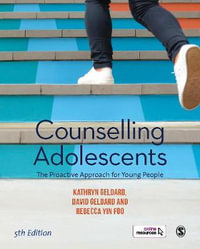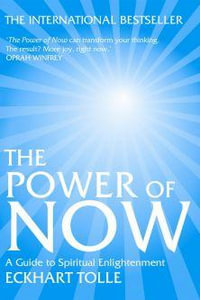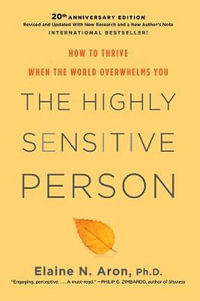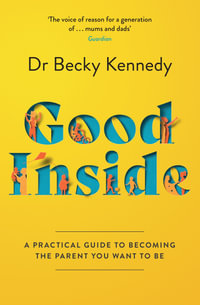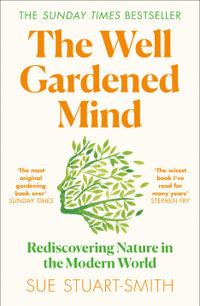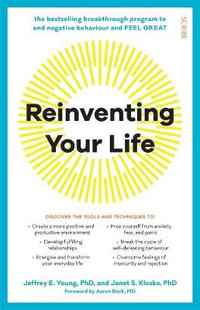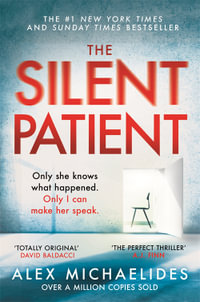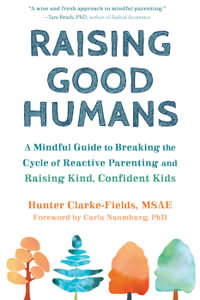Coercive control is a severe form of domestic violence experienced by millions of children worldwide. It involves a perpetrator using a range of tactics to intimidate, humiliate, degrade, exploit, isolate and control a partner or family member. Some coercive control perpetrators use violence, others do not.
Drawing on interviews with children and mothers who have experienced coercive control-based domestic violence, this groundbreaking book sheds light on the impacts of coercive control on children, how it is perpetrators who must be held accountable for those impacts, and how resistance by children and mothers occurs. Resistance happens in everyday life, not just in response to incidents of violence. Breaking free from coercive control is not a one-off event but a sustained battle for safety and recovery in which child and adult survivors need supports and professional interventions that work.
Written accessibly for students, researchers, practitioners, survivors of domestic violence, and anyone with a general interest in the topic, the book provides a child-centered perspective to revolutionize our understanding of how children are affected by coercive control-based domestic violence.
Industry Reviews
"The author does discuss the interaction between mothers and children in dealing with situations of domestic abuse...the book notes that children are victims of domestic abuse just as their mothers are." -- Choice
"This book advances understanding of DV by adding to existing practice perspectives. Coercive Control in Children's and Mothers' Lives is an excellent addition to the extant literature on comprehending and addressing DV and abuse." -- Kyunghee Ma, Affilia: Feminist Inquiry in Social Work
"This is the book on coercive control and children that professionals and survivors have been waiting for. By giving the voices of mothers and their children equal weight, Dr Emma Katz elegantly lays bare the flimsily and artificial walls, created by professionals, between domestic violence and child maltreatment. This book is a journey into the everyday, crazy-making, scary, painful, petty minutiae of coercive control. It sharpens our vision of perpetrators as
parents, opening the door to new accountability efforts. It offers hope through intimate narratives of safety, love, and healing between adult and child survivors. By tying the voices of survivors to
an incisive analysis of policy and systems failures, Dr Katz offers the domestic violence informed practice change road map we need." -- David Mandel, Executive Director and Founder, Safe & Together Institute
"Amidst the failure of police, courts and child welfare to hold the male perpetrators accountable, Emma Katz follows fifteen families through their harrowing years of abuse and recovery. In a pioneering work that shows that children are subjected to the same abusive tactics as their mothers, she applies the new paradigm of coercive control to amazing effect, evoking the voices of women and children to identify the multiple forms of harm inflicted, the tactics
perpetrators use to co-opt or weaponize children, how children resist and how some women break free. The book depicts a disturbing reality. But the ultimate message of survival against adversity is
uplifting. This book will change how we understand and respond to children's experience of woman abuse." -- Evan Stark, PhD, MSW, Author of Coercive Control and Professor Emeritus, Rutgers University, New Jersey
"Dr Emma Katz is one of the world's leading experts on coercive control, and with this text she has done something rare: centred the voices of children. This will become a seminal text for all who seek to understand and respond to coercive control. It will also be a lifeline for people who have grown up navigating the impossible terrain of coercive control in their family homes: finally, there is a text that honours their agency, their strategic nous, and the
sheer act of will it took for them to survive." -- Jess Hill, investigative journalist and author of See What You Made Me Do: Power, Control and Domestic Abuse
"Dr Emma Katz gets right to the heart of the matter of how coercive controllers harm their children. With great knowledge and care she 'connects the dots' of how children are victims of coercive control and domestic violence, and how that coercive control impacts critical aspects of their lives and emotional and social development. Throughout the book she demonstrates that the failure to hold abusers accountable as parents is endangering kids; that children
should be listened to, believed, and heard; and that children's fear, trauma and the danger being caused by the abuser must be taken seriously. Thank you for hearing the voices of children & honoring the
reality of our experiences." -- Ruth Stearns Mandel, survivor professional, Safe & Together Institute E-Learning, Communications & Strategic Relationship Manager
"Written by the world's leading expert on coercively controlling abuse and children, this book provides a powerful detailing of children's direct experiences of coercively controlling abuse by (mostly) fathers and the multi-faceted harms they suffer, calling for courts and service providers to recognize children as direct victims, not merely incidental witnesses, of coercive control." -- Professor Joan Meier, Professor of Law and Director of the National Family
Violence Law Center, George Washington University Law School
"This is a timely book addressing an under-researched area of domestic abuse DL the impact of coercive control on children. Katz begins with a powerful sentence, "if a situation of coercive control was a political system it would be a dictatorship", setting out clearly the entrapment victims experience. It has hitherto been popularly considered that children merely witness abuse and control, but this book graphically documents the experiences of both mothers
and children showing that children are victims in their own right. It should be compulsory reading for every child protection professional and every family court judge." -- Professor Jane Monckton Smith,
Professor of Public Protection, University of Gloucestershire








